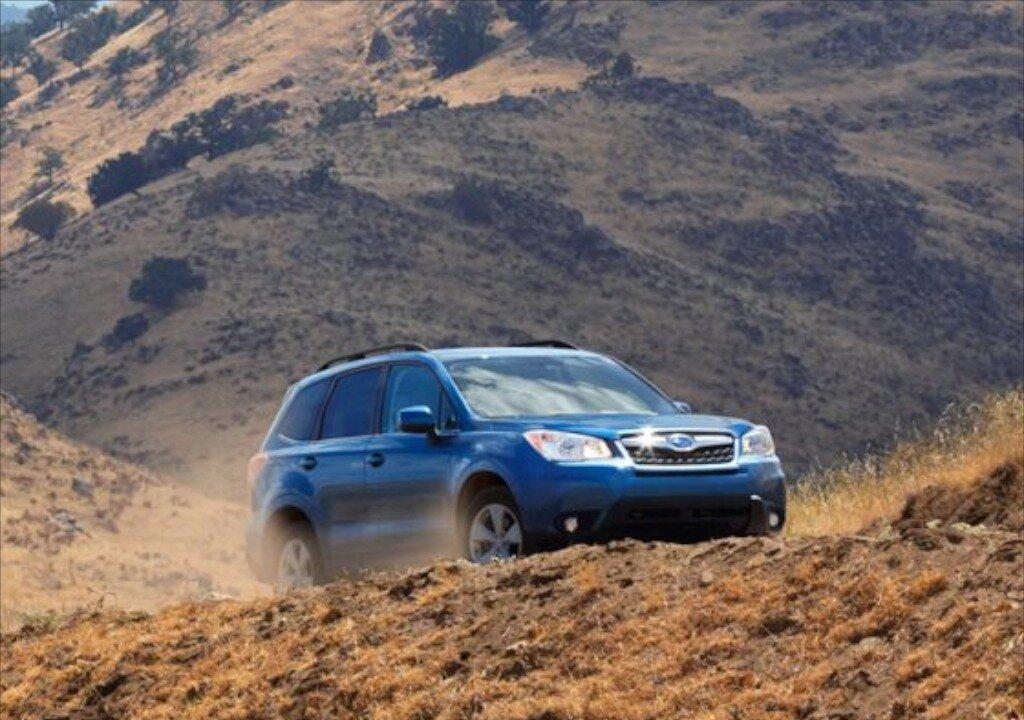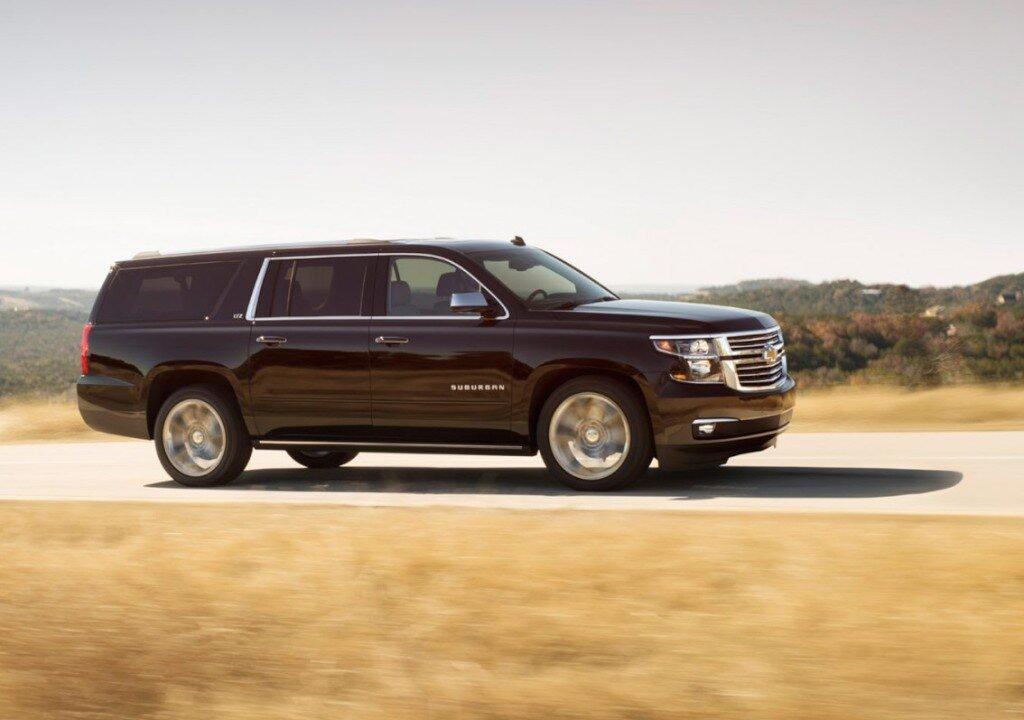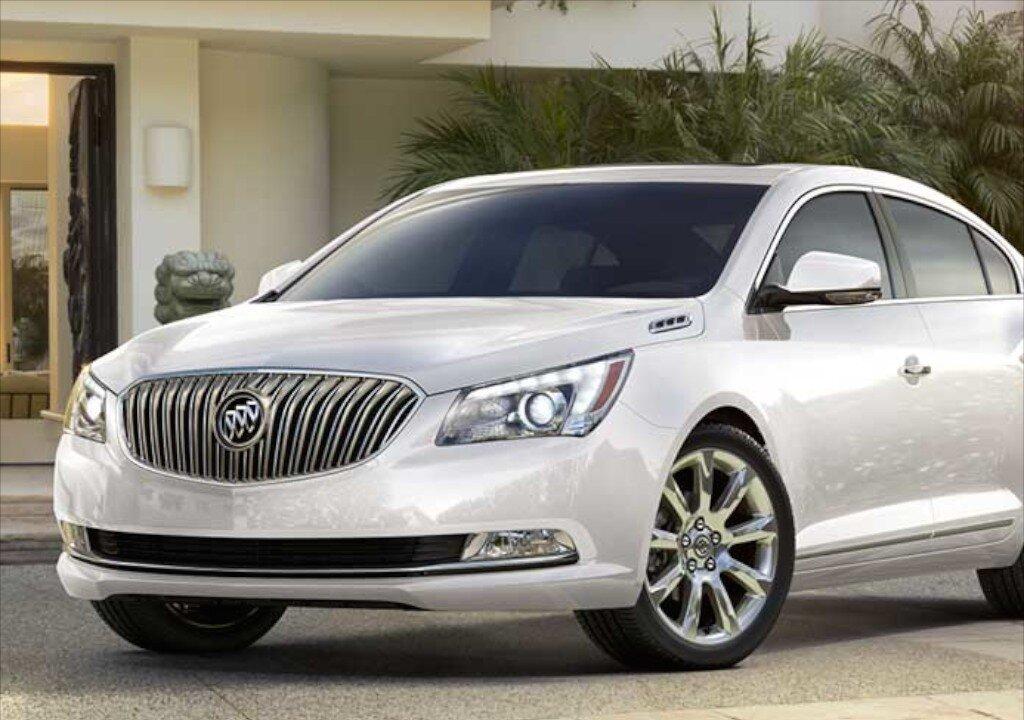What makes it better than the last model? What doesn’t! There are a lot of good cars in that class – be it the Toyota RAV4, the Honda CR-V or the Ford Escape. What sets it apart is definitely the visibility. The various pillars, be it A-, B- or D-pillars, they all are usually thinner than the competition’s.
Materials have been upgraded from the 2013-model. One nice feature that Subaru now offers is for the trunk: While the trunk can be opened by only pushing one button, the trunk can be closed like a regular gate if you so please – without getting stuck anymore.
The Continuously Variable Transmission (CVT) allows the vehicle to be more fuel efficient than the outgoing Forester-model and puts it in front of most of its competition.
While the 2013 Forester had a traditional 4-spd automatic transmission that delivered 21mpg in the City and 27mpg on the Highway, the 2014 Forester delivers 27mpg in the City and 32mpg on the highway with a CVT transmission. That means 5 mpg difference – a huge difference both in performance and in fuel economy.
The door opening is about 5 inches wider, and additionally the seat height is up, whereas the sill height went down. The four-wheel-drive-system now uses new inputs like steering angle that lets it respond faster than the previous model.
The non-Turbo model comes with 170 horsepower, while the Turbo lets loose a 250 horses.
[aolvideo src=“http://pshared.5min.com/Scripts/PlayerSeed.js?sid=1759&width=480&height=360&playList=517663791”]




